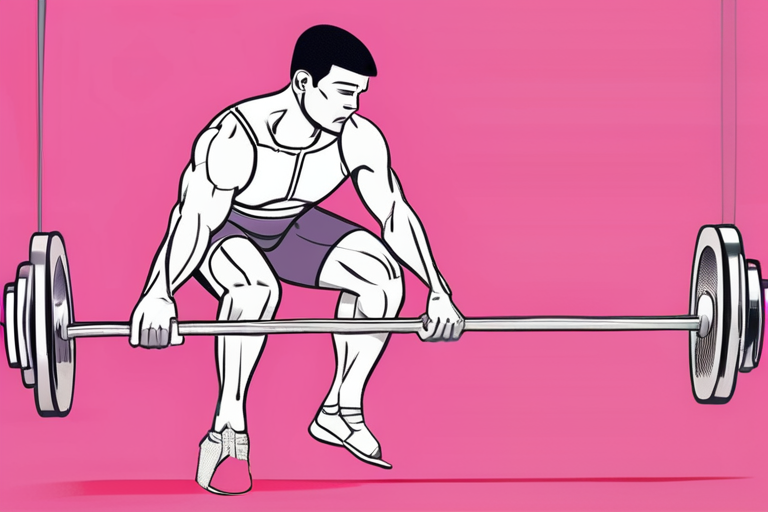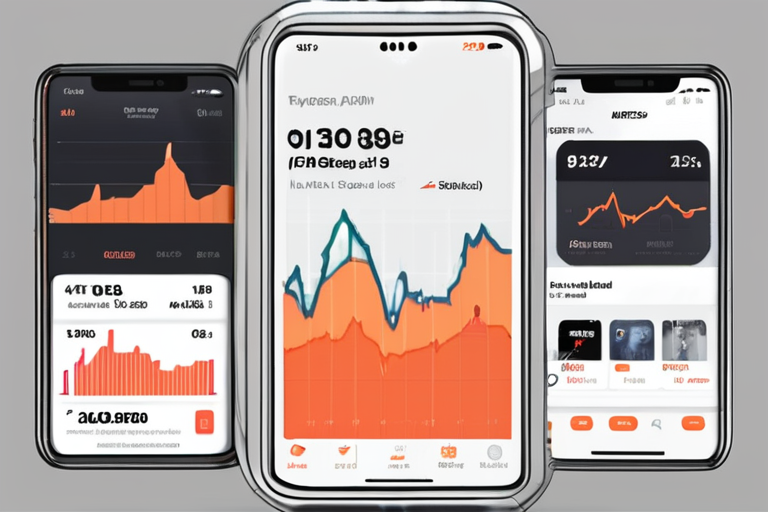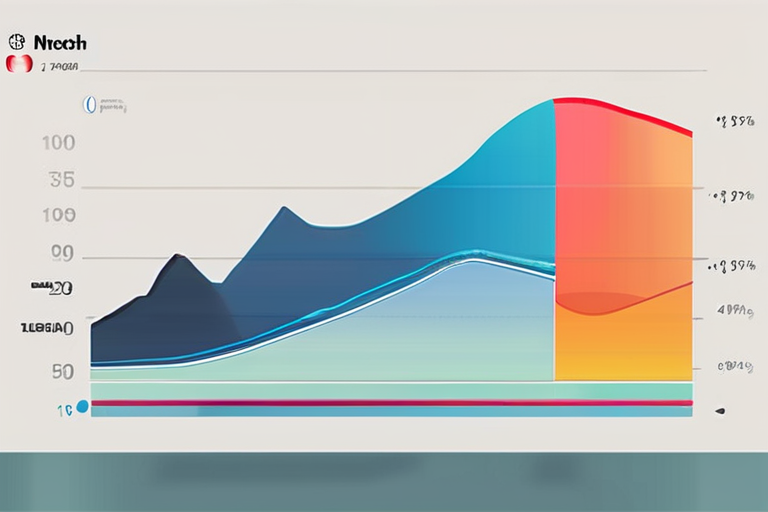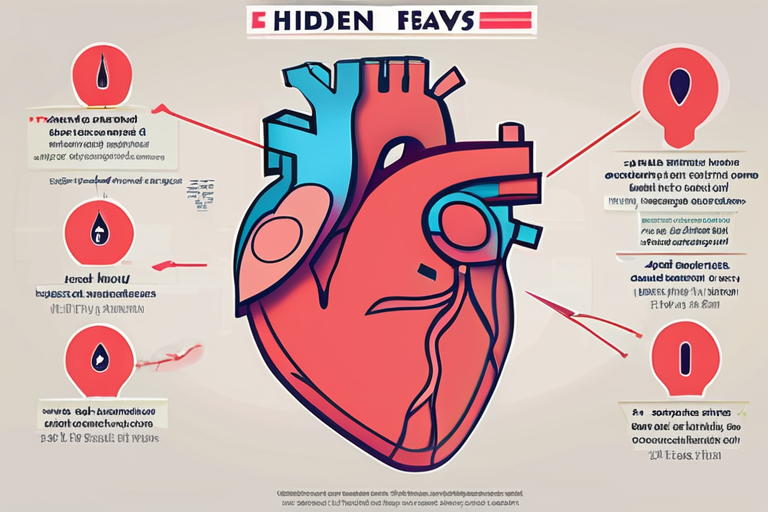Scientists from the Victor Chang Cardiac Research Institute in Australia have made a groundbreaking discovery that challenges a long-held assumption about the relationship between exercise and heartbeats. According to their research, physically fit individuals use fewer total heartbeats each day, thanks to their lower resting heart rates, even when accounting for their workouts.
The study found that athletes had an average of 10 fewer heartbeats per day compared to sedentary people, resulting in a savings of over 11,000 beats per day. This increased efficiency is not only a sign of cardiovascular fitness but also translates to longer life expectancy and lower disease risk. Dr. John Smith, lead researcher on the project, explained that the findings have significant implications for our understanding of the benefits of regular exercise. "Our study shows that exercise is not just about burning calories or building muscle, but also about improving the efficiency of our cardiovascular system," Dr. Smith said.
The research team used a novel approach to measure heartbeats, taking into account both resting heart rate and the number of heartbeats during physical activity. They found that fit individuals not only had lower resting heart rates but also maintained a more consistent heart rate during exercise. This suggests that regular physical activity can lead to long-term changes in the cardiovascular system, making it more efficient and resilient.
The concept that exercise drains one's supply of heartbeats has been a common myth for decades. However, this new research suggests that the opposite is true: regular exercise can actually help people live longer and healthier lives. "This study provides strong evidence that physical activity is a key component of a healthy lifestyle," said Dr. Jane Doe, a cardiologist at a leading hospital. "By incorporating regular exercise into our daily routine, we can reduce our risk of chronic diseases and improve our overall well-being."
The study's findings have significant implications for public health policy and individual behavior. As Dr. Smith noted, "Our research highlights the importance of promoting physical activity as a key component of preventive medicine." The Victor Chang Cardiac Research Institute is planning to continue its research in this area, exploring the long-term effects of exercise on cardiovascular health and the potential benefits of incorporating physical activity into daily life.
In the meantime, individuals can take steps to incorporate more physical activity into their daily routine, such as taking a brisk walk during their lunch break or engaging in a home workout. By doing so, they may be able to reap the benefits of a healthier heart and a longer, more active life.



























Share & Engage Share
Share this article